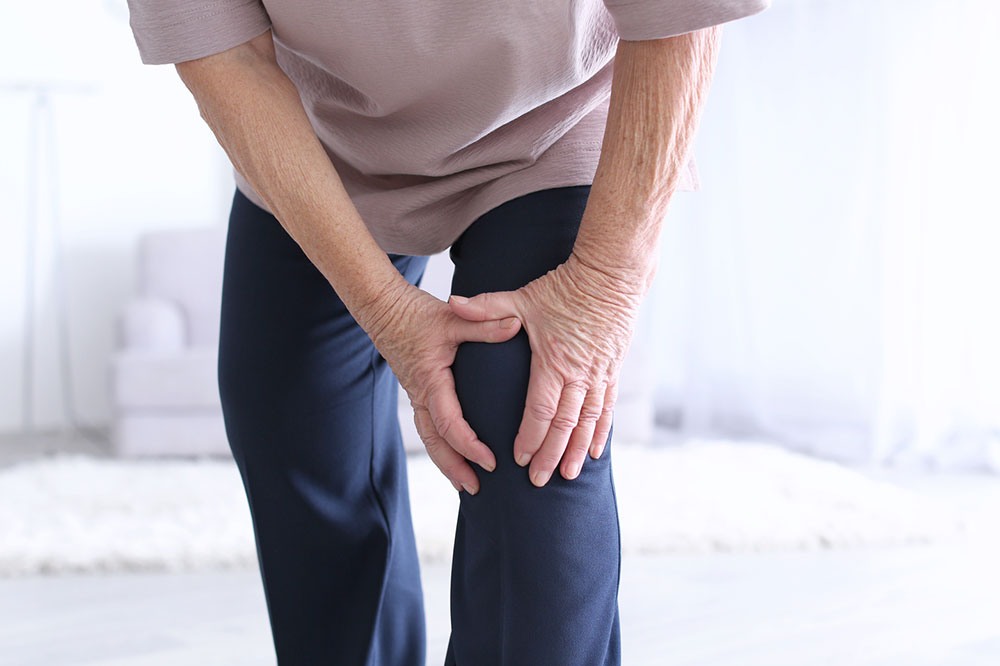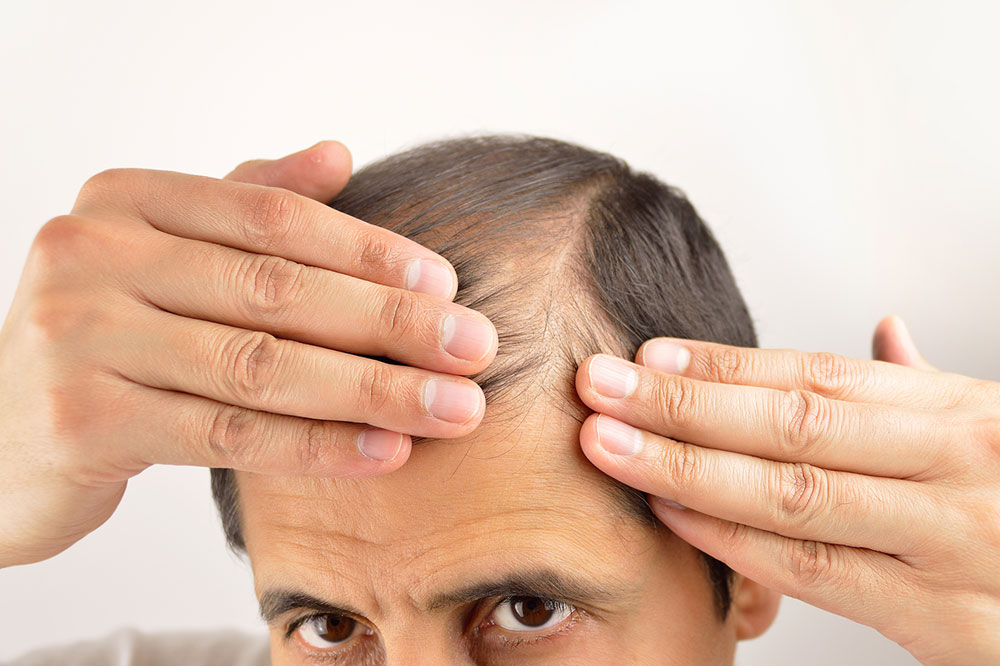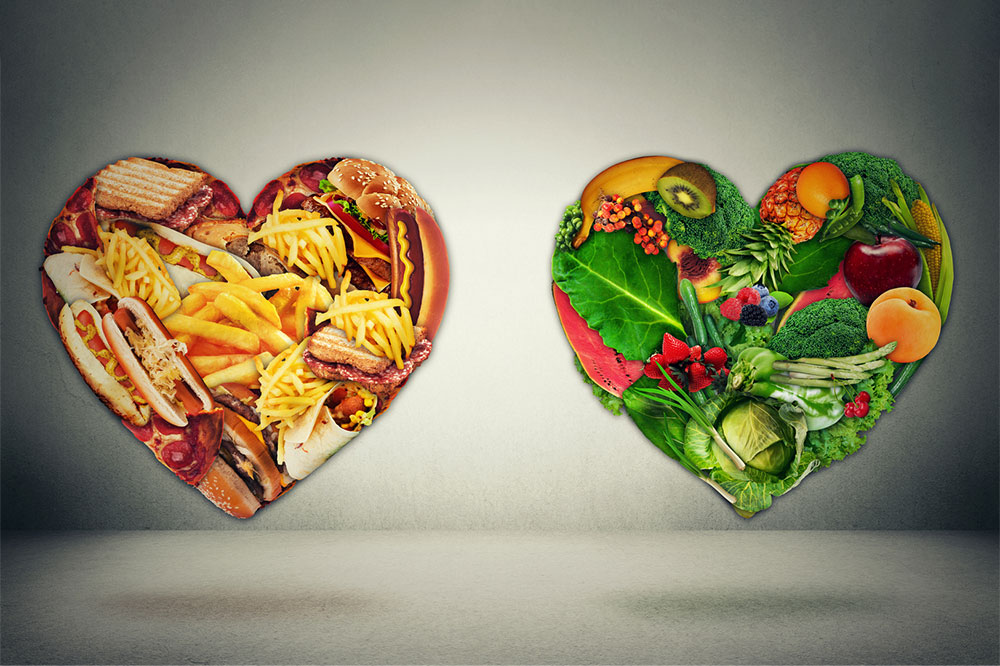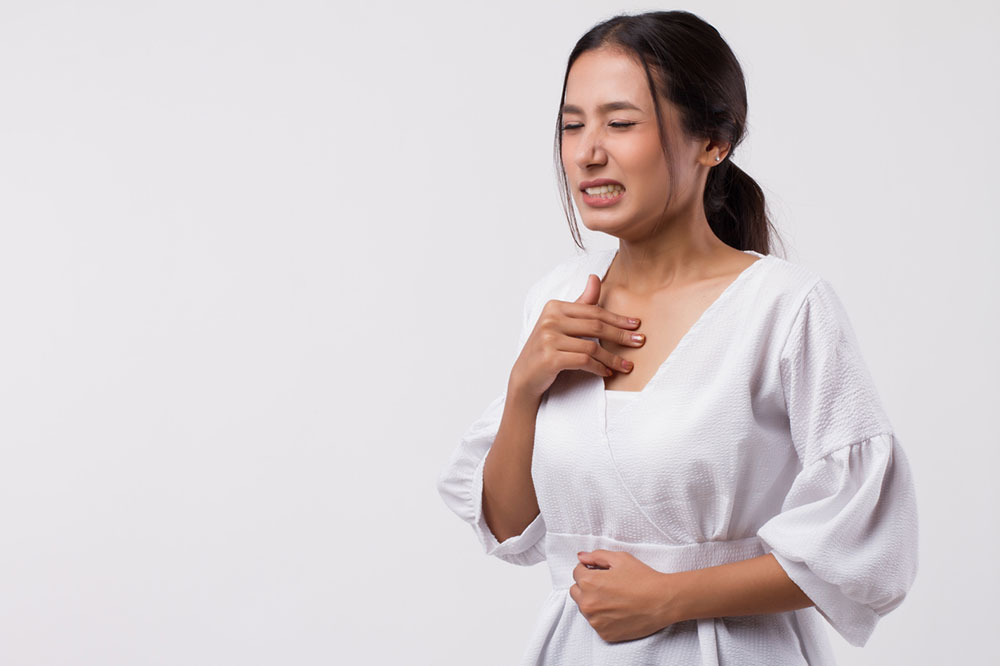7 unhealthy habits that can damage the liver
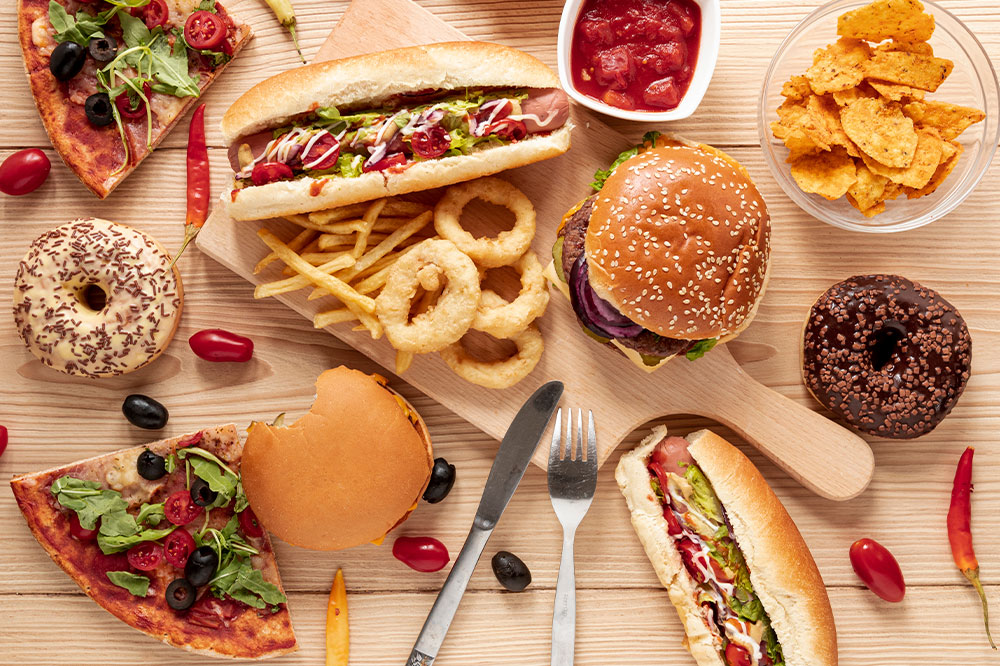
The liver is an organ in the body that sits under the rib cage on the right side of the abdomen. It helps filter food and remove toxic substances from the body. The liver might suffer from damage for several reasons, including genetics. There are also other unhealthy lifestyle habits that may trigger complications of the organ. So to maintain a healthy liver and avoid serious health issues, here are seven unhealthy habits one should break.
Excess sugar intake
It’s a fact that sugar is unhealthy for one’s overall health. And its negative effects could impair liver function. The organ utilizes fructose, derived from sugar, to make fat. But high intake of excessive refined sugars and high fructose corn syrup may cause fatty buildups that can damage the liver.
Taking herbal supplements
Most herbal products may contain the word “natural.” However, certain herbal products, such as those to curb menopause symptoms or help individuals relax, might be cause for concern. They might lead to health conditions like hepatitis and liver failure. Therefore, one should speak to their healthcare before taking any herbal supplements.
Intake of soft drinks
While soft drinks are delicious to have occasionally, regular intake may be harmful to the liver. As these drinks contain added sugars, they could trigger the development of excess fat in the liver. And too much fat production might damage the organ and trigger other health conditions.
Eating too many fast foods
Processed foods are often high in preservatives, additives, and flavorings. These foods may also contain high sugars, fats, and salts. A few examples include fries, pizzas, and burgers. The chemical composition of such foods makes it difficult for the liver to break down. Regular intake could damage the liver, which is why one should stop or reduce the consumption of fast foods.
Staying indoors too often
People who stay indoors do not get exposure to the sun and, as a result, do not absorb sufficient sunlight to create vitamin D. In the case of non-cholesteric liver disease, the lack of this vitamin may contribute to the low production of bile. Therefore, one must go outdoors daily so that the body can absorb sufficient sunlight to produce vitamin D.
Engaging in unprotected sex
An individual who has unprotected sex might be at risk of developing the Hepatitis B (HBV) virus. And this virus is known to put one at a greater risk of liver failure, liver damage, and even loss of life. Therefore, one should take precautions to prevent being infected by the virus, such as using condoms to ensure safe sex. One should also be mindful of other ways the disease could be transferred, including birth, needle sharing, and direct exposure to the blood.
Not drinking enough water
All the organs in the body, including the liver, kidneys, and lungs, may suffer from dehydration if an individual does not drink sufficient water. The lack of water intake may also trigger adverse health effects in the long haul. Therefore, one should ensure they drink ample amounts of water daily to avoid complications of the liver and other organs in the body. Drinking sufficient water will also flush out unwanted waste materials from the body.

